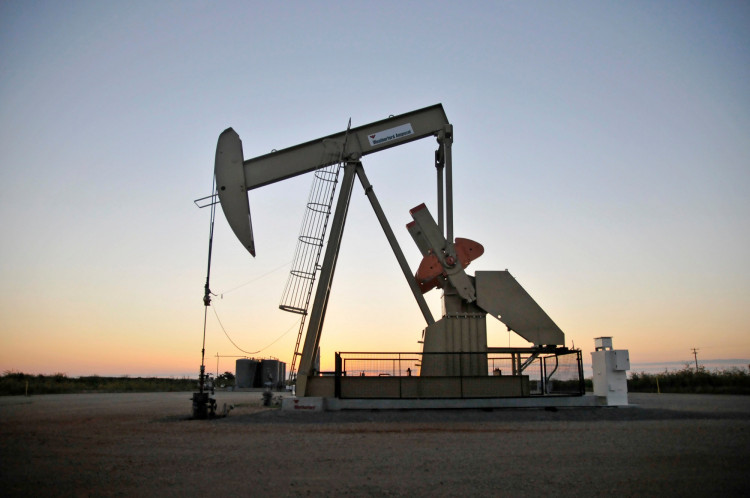Reduced Russian gas flows have heightened fears of a winter gas supply crisis in Germany, prompting the country to raise its emergency gas plan to "alert level."
Germany has experienced a dramatic decline in Russian gas supplies, causing the country to warn that the situation will be "very precarious this winter" if precautionary measures are not taken to prevent a supply crisis.
Economy Minister Robert Habeck stated Friday that Germany would advance to the second step of its three-stage plan.
It indicated that Europe's greatest economy now faces a substantial risk of long-term gas supply shortages.
"We must not fool ourselves: Putin's decision to shut off gas supplies is an economic strike on us," Habeck said in a statement.
Habeck said they are taking defensive measures against this. However, as a nation, he said they must now traverse a difficult path.
Habeck stated that gas is becoming a scarce commodity and cautioned that an exceptional price increase may persist. This will impact industrial production and constitute a significant burden for a great number of customers.
According to Germany's emergency gas plan, the alert level phase is triggered when a disruption of gas supply or exceptionally high gas demand results in a significant deterioration of the gas supply situation, but the market is still able to manage this disruption or demand without resorting to non-market-based measures.
This period does not necessitate state action. These are used during stage three's "emergency phase" if the government determines that market fundamentals no longer apply.
Before the return of the winter, European policymakers are hurrying to stock subterranean storage with enough natural gas to keep the lights on and the homes warm.
In response to Moscow's months-long assault on Ukraine, the European Union, which receives around 40 percent of its gas from Russian pipelines, is attempting to lessen its reliance on Russian fuels as quickly as possible.
Prior to this, Germany, which is greatly dependent on Russian gas, tried to preserve strong energy relations with Moscow.
On March 30, almost one month after Russia's invasion of Ukraine sparked an energy crisis in Europe, Germany announced the first phase of its emergency gas plan.
Gas suppliers were called to assist the government as part of a crisis committee during the "early warning phase," although no supply disruptions had yet occurred. Habeck urged all gas customers to cut their consumption as much as possible at the time.






